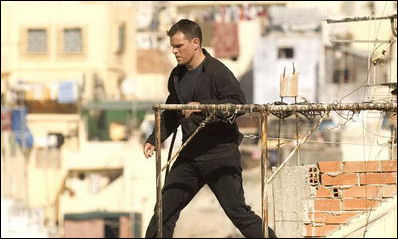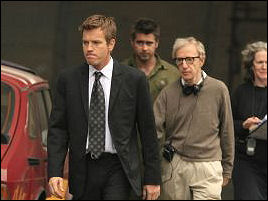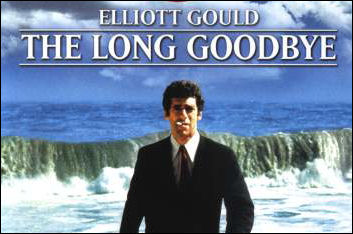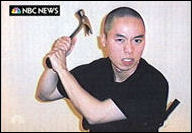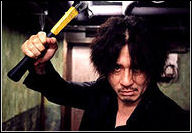Those Nervepop guys — Bilge Ebiri, Phil Nugent, Paul Clark, Leonard Pierce, Faisal Qureshi — yesterday posted a two-parter about the Most Historically Inaccurate Films Ever Made, and one of the most deserving, they feel, is Alan Parker‘s Mississippi Burning. They’re not wrong, and yet no one ever gave a damn. For a very fundamental reason.
Basing their film on the FBI’s hunt for the killers of three Civil Rights workers (Michael Schwerner, James Chaney and Andrew Goodman) in 1964 Mississippi, Parker and Gerolmo “twisted the historical record in the service of what Pauline Kael called ‘a Charles Bronson movie’ ,” they write, “[and] turned the film√ɬ¢√¢‚Äö¬¨√¢‚Äû¬¢s FBI agent heroes” — played by Gene Hackman and Willem Dafoe — “into Dirty Harry-style vigilantes, trampling on due process in order to bring the guilty hayseeds to justice.
“[The film] even goes so far as to completely fabricate a scene in which a black FBI agent gets flown down to Mississippi with the specific purpose of terrifying a racist small-town mayor (R. Lee Ermey),” they add.
And I’ve never cared. No one has. I’ve always had a soft spot for Mississippi Burning for various reasons — Hackman’s performance (particularly his scenes with Frances McDormand), the cinematography, the editing, the ominous music — but paticularly because of Parker and Gerolmo’s bullshit plot. Because the lies they came up with are emotionally satisfying, and that’s always the bottom line.
I agree with Gore Vidal‘s old line that “the ends never justify the means because there are no ends, only means” and yet it feels very fulfilling to see vigilante tactics used against racist murderers. Especially after watching Hackman and Dafoe go through weeks of fruitless investigation while the guilty crackers smirk and drink cream soda and chew tobacco.
If audiences feel that a film is delivering a form of justice, be it emotional or legal, they’ll always buy it regardless of historical accuracy.
Side note: Why don’t the Nervepop guys use more Permalinks? And if they are using them, why are they so hard to find?
